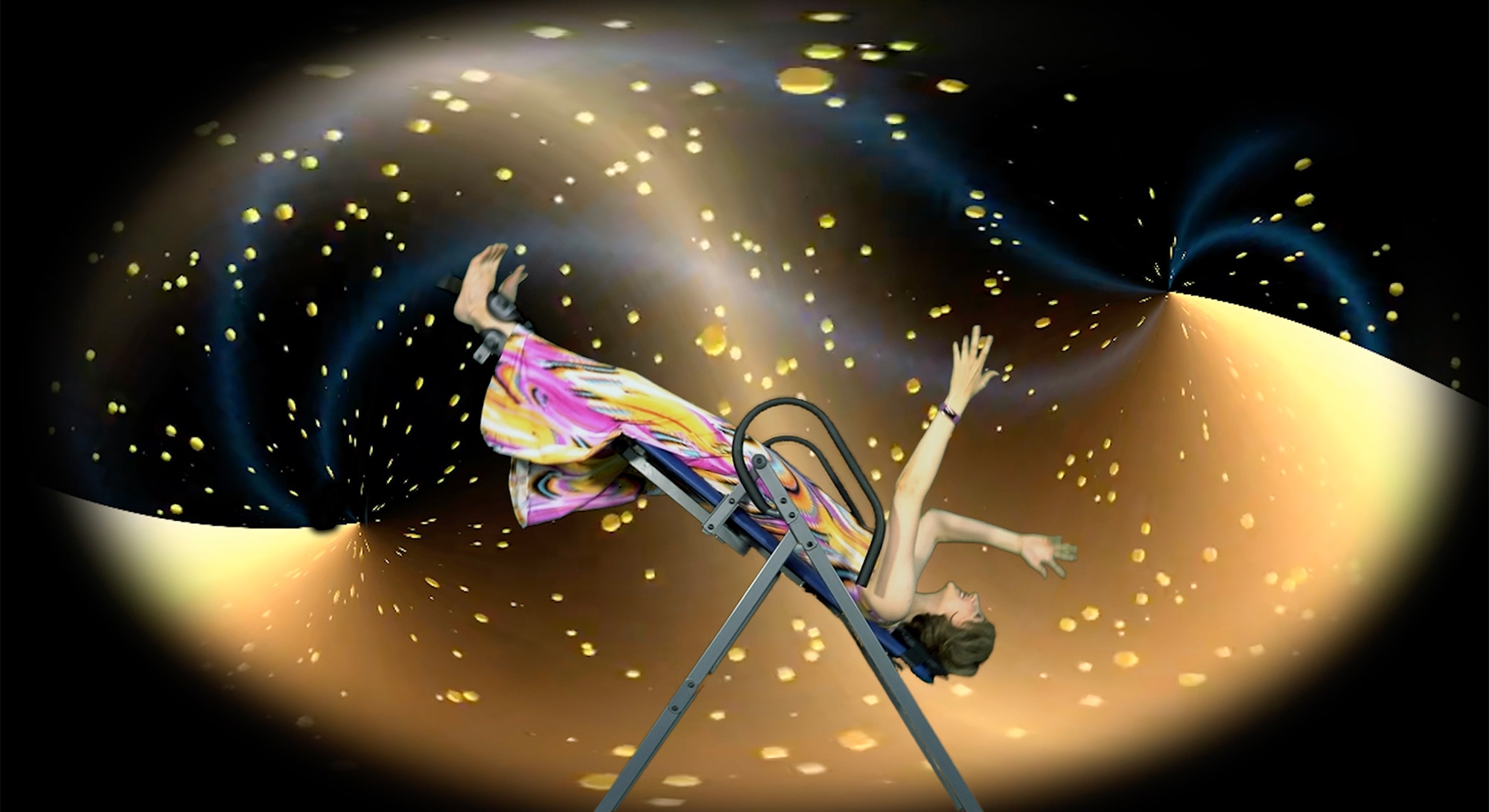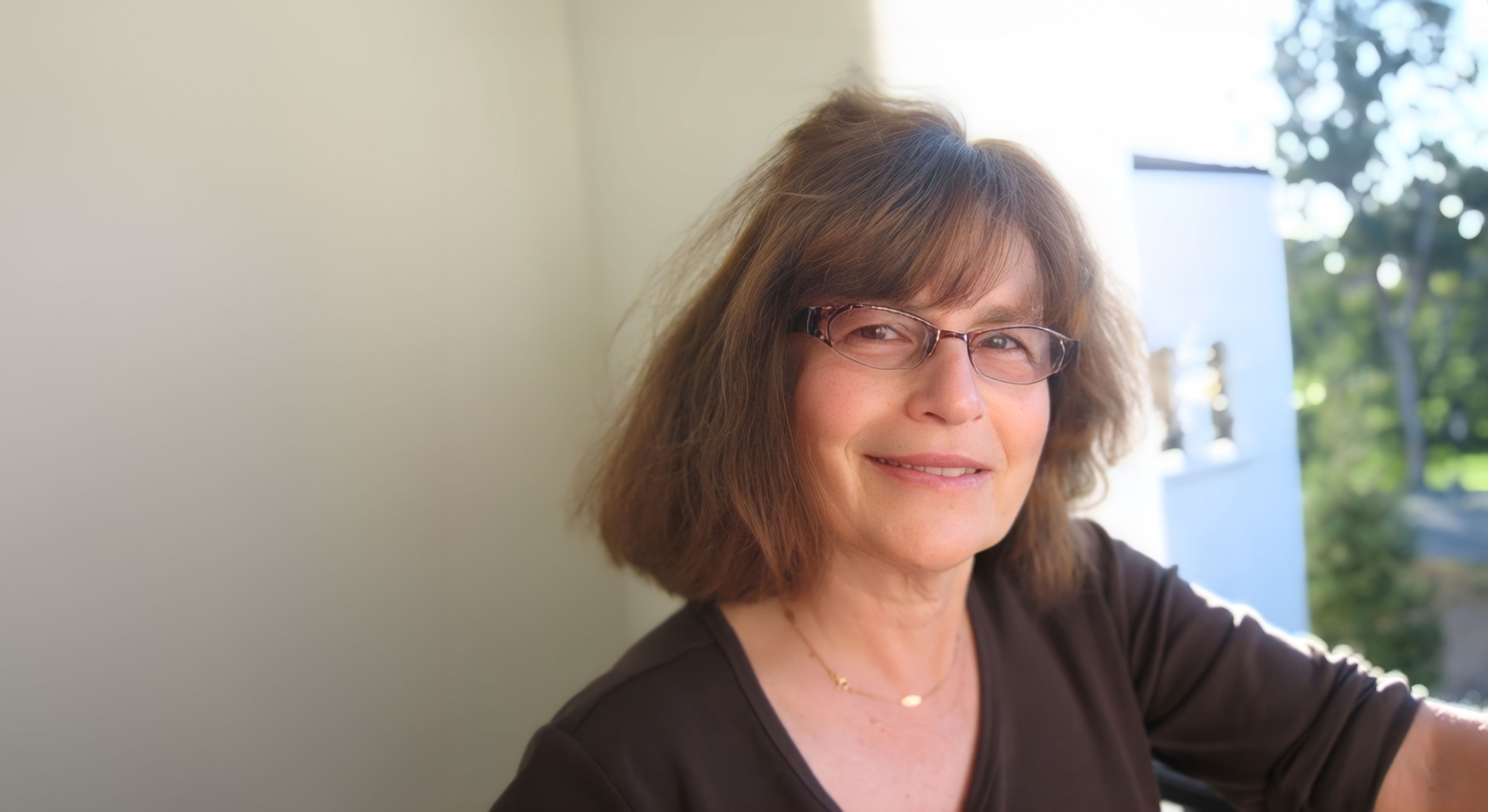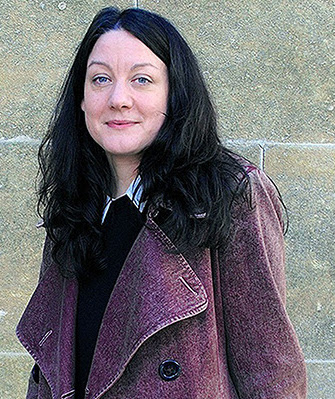
Living After Loss
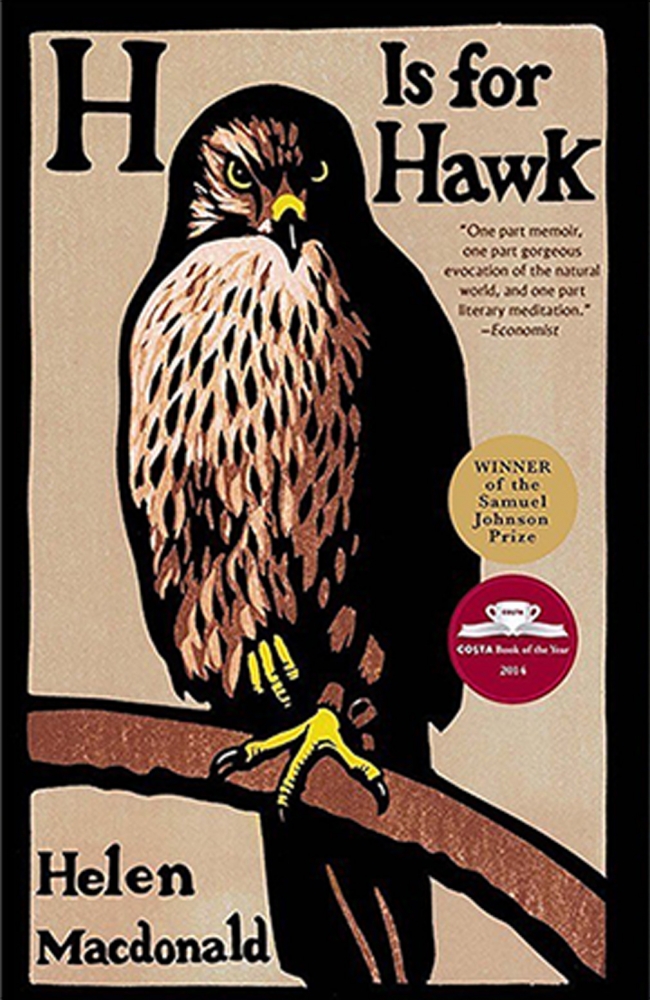
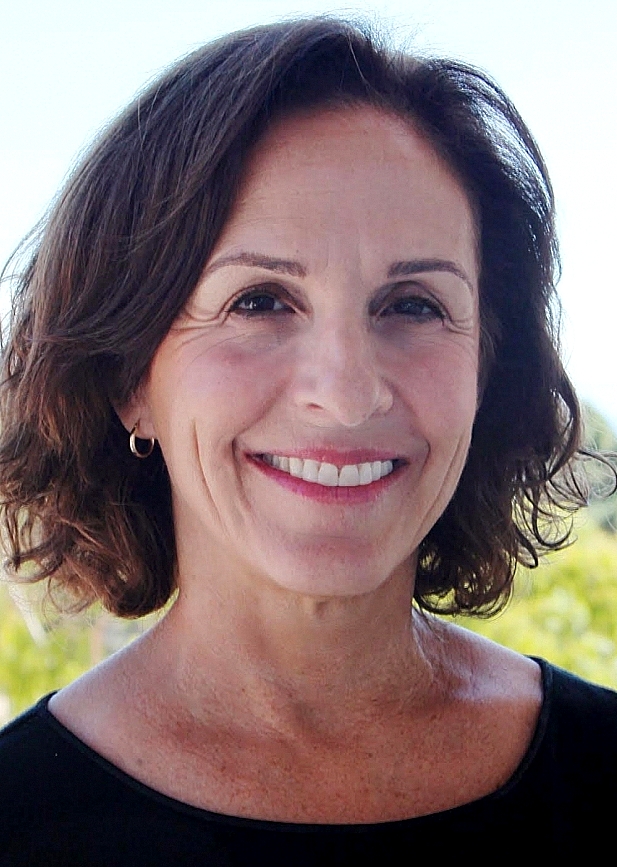
When her father died suddenly of a heart attack in 2007, a bereft Helen Macdonald sought an outlet for her grief.
A falconer for many years, she found it — quite naturally — in a goshawk chick named Mabel.
How adopting and raising this fierce and feral young raptor helped Macdonald navigate her own grieving process is at the heart of her award-winning memoir, “H Is for Hawk.”
As the 2018 Diana and Simon Raab Writer-in-Residence at UC Santa Barbara, Macdonald will discuss her book and give a public reading Wednesday, March 7, at 7 p.m. at the university’s Corwin Pavilion. The event, which is free and open to the public, is co-sponsored by the UCSB Interdisciplinary Humanities Center (IHC) and the campus’s Writing Program.
“The book is mind blowing to me because it does so many things,” said Susan Derwin, director of the IHC and a professor of comparative literature. “It is, on a very straightforward level, a memoir about losing your father and coming to terms with it — finding a way to live again.”
At the same time, Derwin continued, Macdonald turns to something she knows very well — raising birds of prey — and the baby goshawk becomes, for her, a means of mollifying and managing her pain. “And she does it, and writes about it, with total abandon — she becomes this bird, she lives this other existence, she crosses over to another world, which parallels her father’s crossing over from this world,” Derwin said. “And yet a vast body of knowledge, Macdonald’s recourse to literature and history and legend becomes the fabric from which she creates the story and makes it so rich and multi-layered.”
That the book would resonate so deeply with Derwin makes sense. Her scholarly work parallel’s Macdonald’s memoir in that both examine the ways in which people can manage grief and remorse and the many feelings that can accompany loss, regardless of how that loss happens, and how to make something productive out of those feelings, which can be self consuming and destructive.
Next year, Derwin will participate in “Felix Culpa: Guilt as a Source of Cultural Productivity” at the Center for Interdisciplinary Research at Bielefeld University in Germany. The research group will consider the question of how guilt, depending on the situation, and as one kind of response to loss, can be a force that produces greater social good and personal regeneration.
“My work with that group is about the way in which veterans take feelings of loss and guilt in the aftermath of having seen combat and come back and learn how to mobilize those feelings to become useful citizens,” Derwin said. “And the feelings that arise after you have experienced loss are always so complicated. About Macdonald, it’s simple to say ‘she lost her father,’ but on the heels of loss, as her memoir shows, come all kinds of unexpected emotions she has to manage.”
And so lies the overlap with Derwin’s scholarship.
“Like all great memoirs, Macdonald’s book is the story of a single person with her own cultivated voice, but it is particularly great because it is situated in worlds that are broader and larger than the author,” Derwin said. “You can tell, for example, that hovering on the edges of this memoir was awareness of the wars that were going on in Iraq and Afghanistan. They seep into Macdonald’s creative intelligence and manifest in subtle ways.”
Made possible by a gift from Diana and Simon Raab, the writer-in-residence series gives undergraduate writing and literature students at UCSB a unique opportunity to engage with masters of the craft. Creative writers, humanities scholars, journalists and filmmakers give public lectures or readings for the Santa Barbara community, and while in residence, they meet with students in a classroom setting to explore the craft of writing.
Of “H Is for Hawk” Derwin said, “This was, as we know, such an acclaimed book of a current author, and the writer-in-residence program is about bringing acclaimed living authors to teach our students. And Macdonald is the perfect person to do it. I think memoir as a genre — and Diana Raab is a memoirist and a teacher of memoir writing — is very appropriate.
“The genre — creative non-fiction — complements whom our sponsor is, but also it’s a genre that’s taught on our campus in the Writing Program,” she continued. “So we have a body of students who can profit from Macdonald’s instruction. We thought she’d be a perfect fit.”
